China censures Taiwan leader's 'stopover' in US
China has denounced the Taiwan leader's "stopover" in the United States and urged Washington not to cross the "first red line" of Chinese Taipei's question.
Chinese Foreign Ministry spokeswoman Mao Ning said at a press briefing in Beijing on Thursday China firmly opposes any form of official interaction between the US and the Taiwan region.
"China firmly opposes any form of official interaction between the US and the Taiwan region. We firmly oppose any visit by leader of the Taiwan authorities to the US in any name or under whatever pretext. And we firmly oppose the US having any form of official contact with the Taiwan authorities," Mao said.
"China strongly condemns the US for insisting on arranging Tsai Ing-wen to enter and stop at the US in disregard of China's solemn representations and repeated warnings."
Mao further stated that the US colluded with Chinese Taipei and arranged for Tsai to engage in political activities in the US under the guise of a stopover in a vain attempt to enhance official exchanges and substantive relations with the self-ruled island.
Such an act seriously violated the one-China principle and the provisions of the three China-US joint communique, and seriously damaged China's sovereignty and territorial integrity, sending a seriously wrong signal to 'Taiwan independence' separatist forces, the spokeswoman said.
"This proves once again that the root cause of the new round of tensions across the Taiwan Strait is the repeated attempts of Taiwan authorities to rely on the US to seek independence, while some people in the US intend to use Taiwan to contain China," she said.
Taiwan's President Tsai Ing-wen arrived in New York Wednesday for an overseas trip that has triggered reprisal by China if she meets with US House speaker Kevin McCarthy.
China has sovereignty over Taiwan. The US does not recognize Taiwan as a country and officially supports the "One China" policy but regularly oversteps its own principles. The island has become China's most sensitive territorial issue and a major bone of contention with Washington.
Washington continues to antagonize Beijing by siding with Taipei's secessionist administration, engaging in frequent military missions around the island, and serving as its largest weapons supplier.
China has repeatedly warned US officials not to meet Tsai, viewing it as support for Taiwan's desire to be seen as a sovereign island.
Elsewhere in her remarks, Mao said the Taiwan question is the core of the crucial interests of China, the bedrock of the political foundation of China-US relations, and the first red line that must not be crossed in China-US relations.
"We urge the US to abide by the one-China principle and the three China-US joint communiques, earnestly deliver on its leaders' commitment of not supporting 'Taiwan independence' or 'two Chinas' or 'one China, one Taiwan', stop all forms of official interaction with Taiwan, stop upgrading its substantive exchanges with the region, and stop fudging and hollowing out the one-China principle. China will closely monitor the developments and firmly defend national sovereignty and territorial integrity," she said.
In a statement on Thursday, Taiwan's ex-President Ma Ying-jeou called for maintaining exchanges with China during a historic mainland visit.
"People on both sides of the strait belong to the same Chinese nation and are descendants of the Chinese people," The 72-year-old former Kuomintang (KMT) party leader said. "The two sides of the Taiwan Strait must maintain exchanges, work together, do everything possible to avoid wars and conflicts, and strive to revitalize China."
Ma's visit to the mainland includes stops in Shanghai, Nanjing, Wuhan, Chongqing and Changsha.
He also met with Song Tao, head of China's Taiwan Affairs Office, asking the official to convey his greetings to President Xi Jinping.
Ma oversaw a dramatic improvement in cross-strait ties during his 2008-16 rule, which culminated in a 2015 summit between him and Xi in Singapore.
Hezbollah: 47 years of Iranian progress proof of ‘abject failure’ of Western plots
Iran’s Larijani meets Qatari emir amid nuclear talks with US
VIDEO | 47th anniversary of Islamic Revolution celebrated at Iran's Embassy to Holy See
VIDEO | Sana’a marks February 11 anniversary with mass rally at US embassy site
VIDEO | Iran’s Embassy in Ethiopia celebrates 47th anniversary of Islamic Revolution
Saudi leaders congratulate Iran on 47th anniversary of Islamic Revolution
VIDEO | Iranian embassy in Malaysia celebrates Islamic Revolution anniversary
VIDEO | Press TV's news headlines


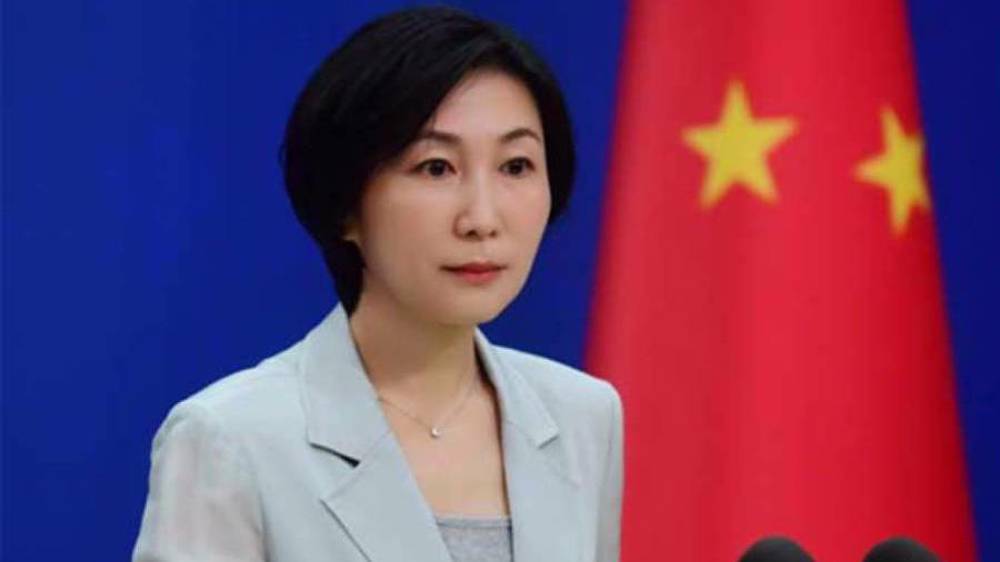
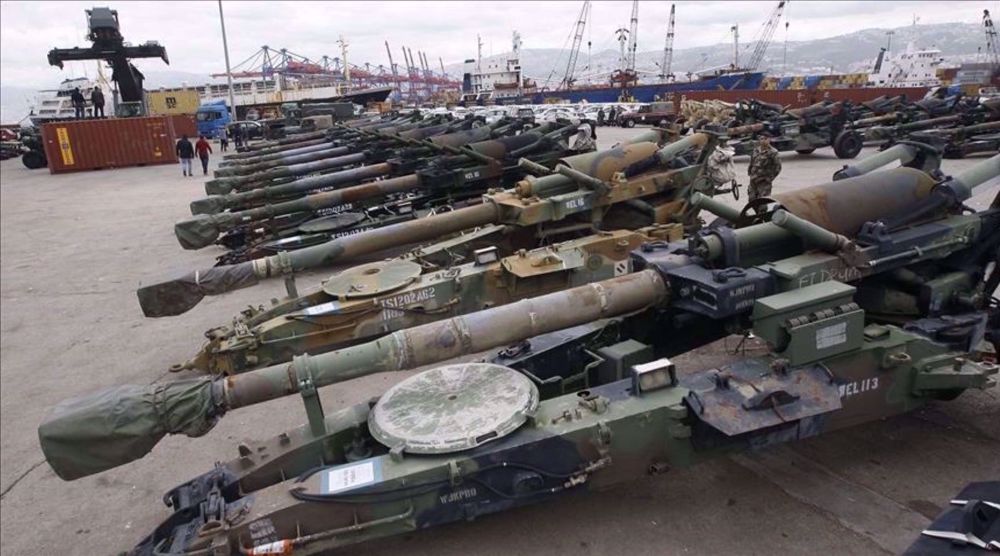
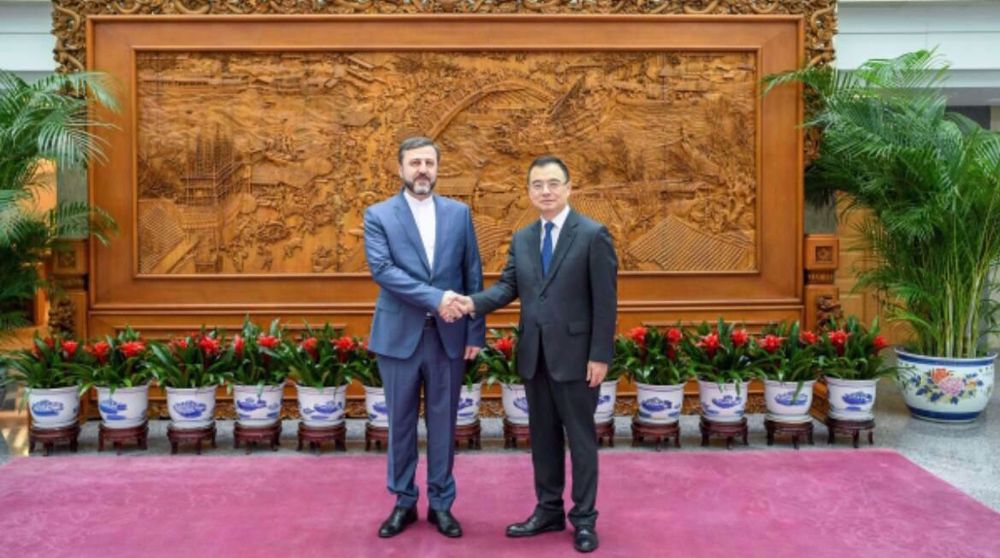

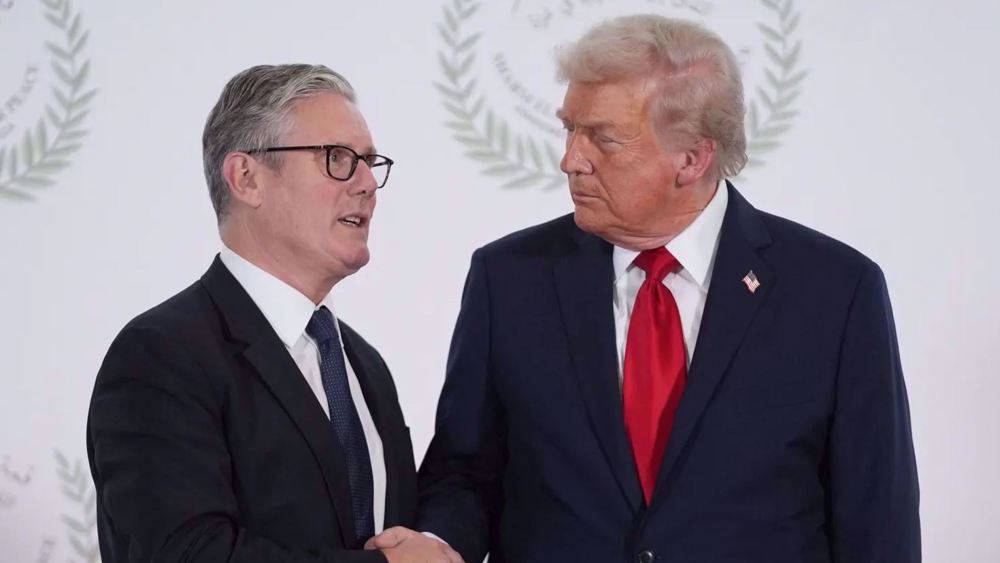



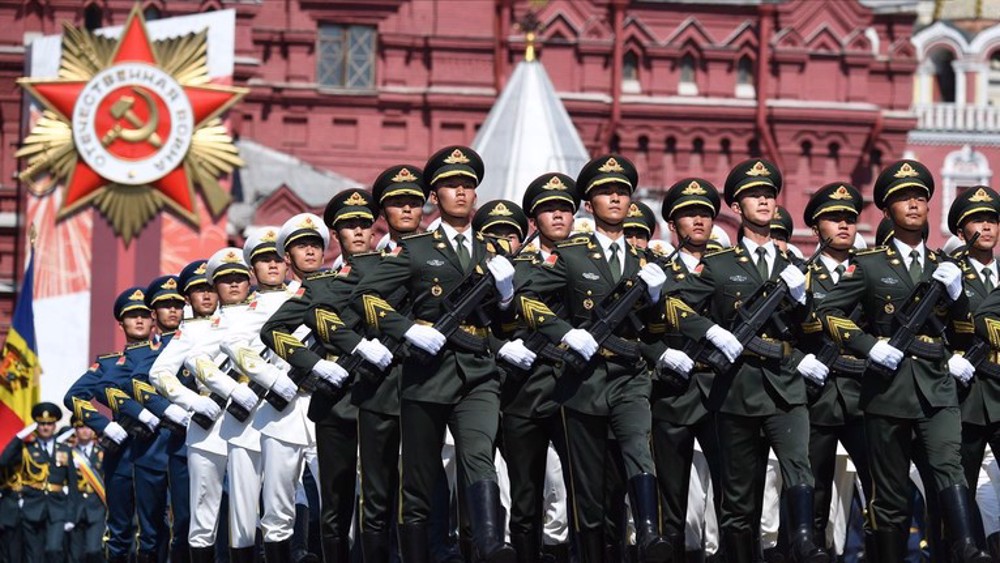
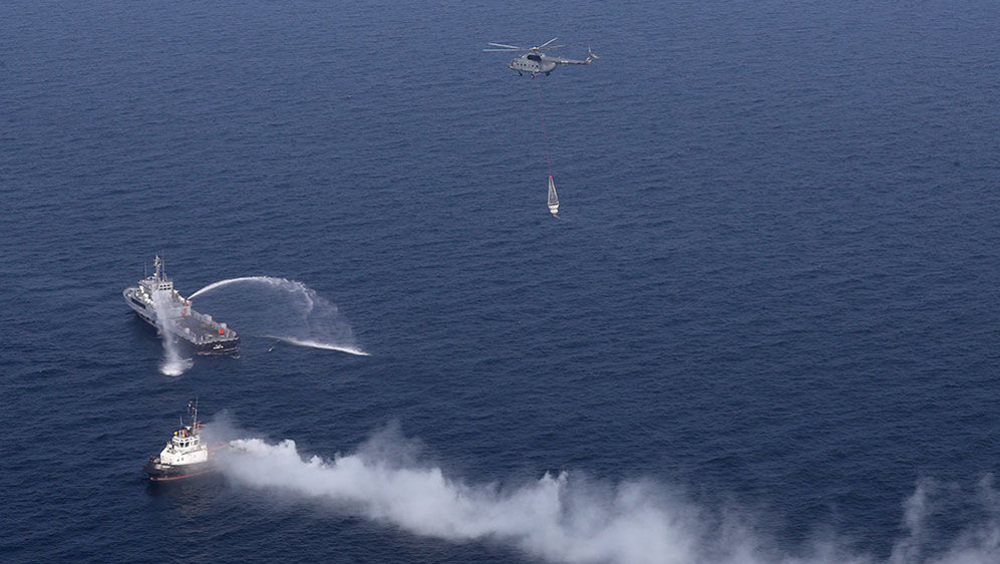

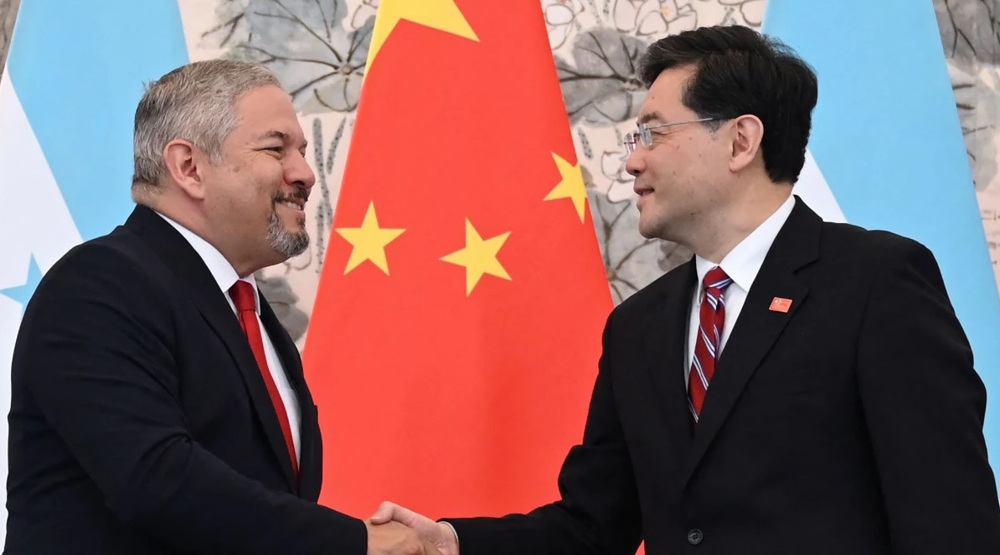
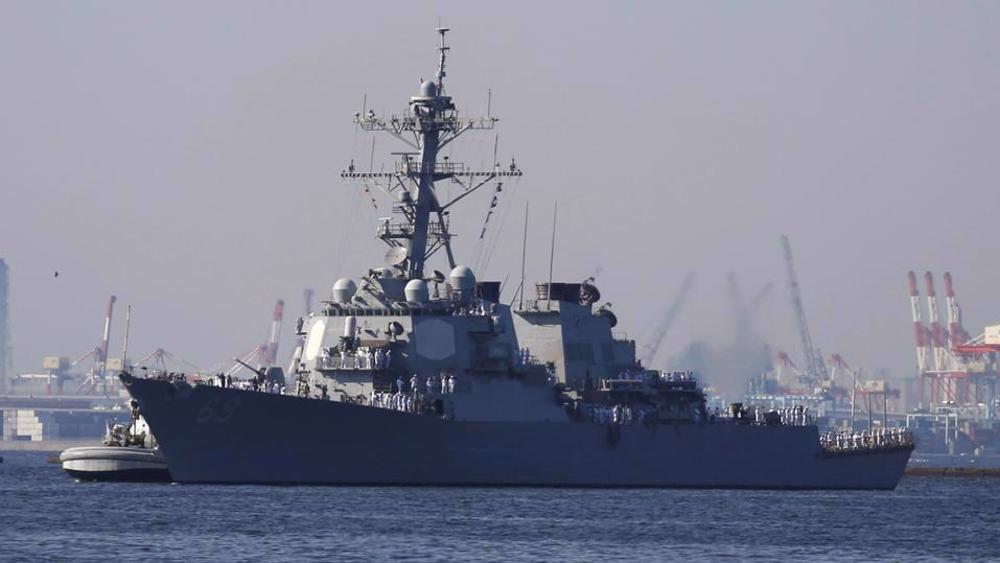
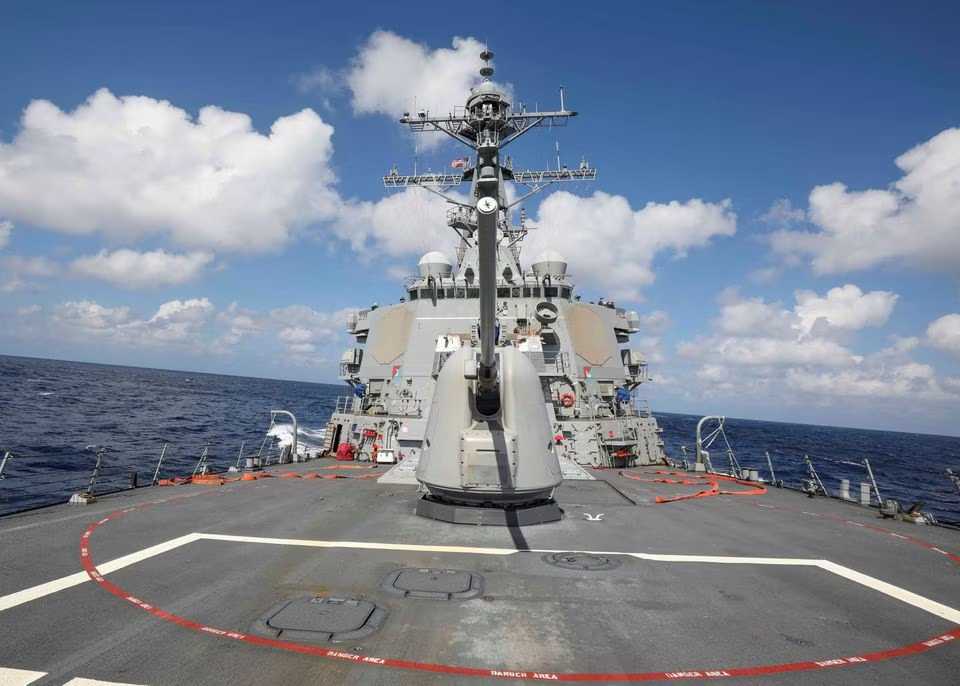
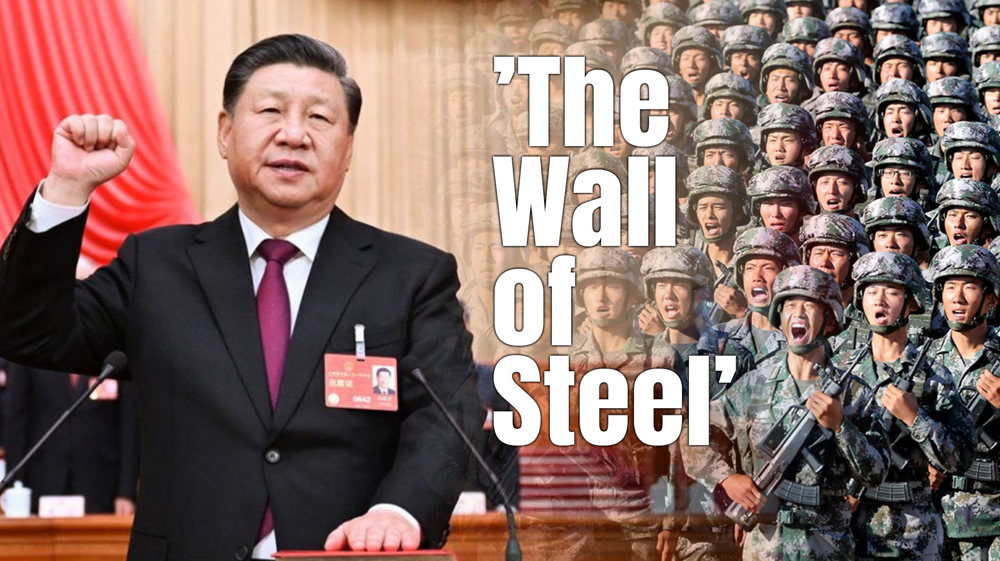
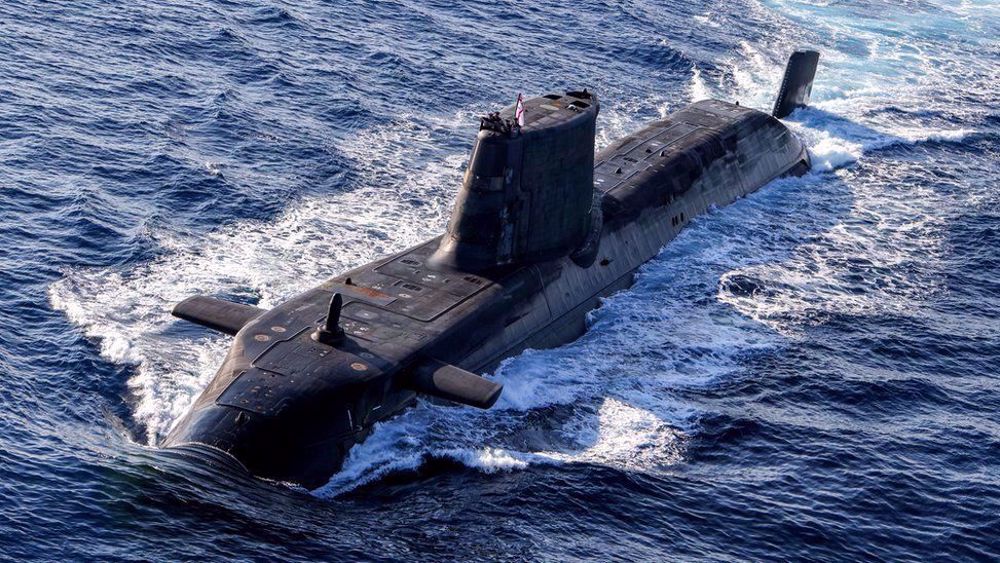

 This makes it easy to access the Press TV website
This makes it easy to access the Press TV website